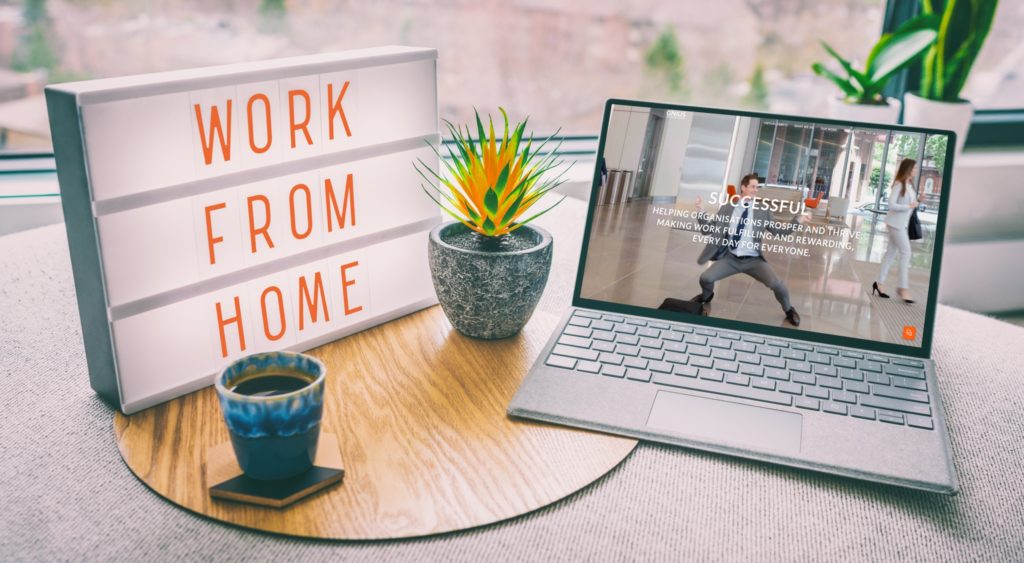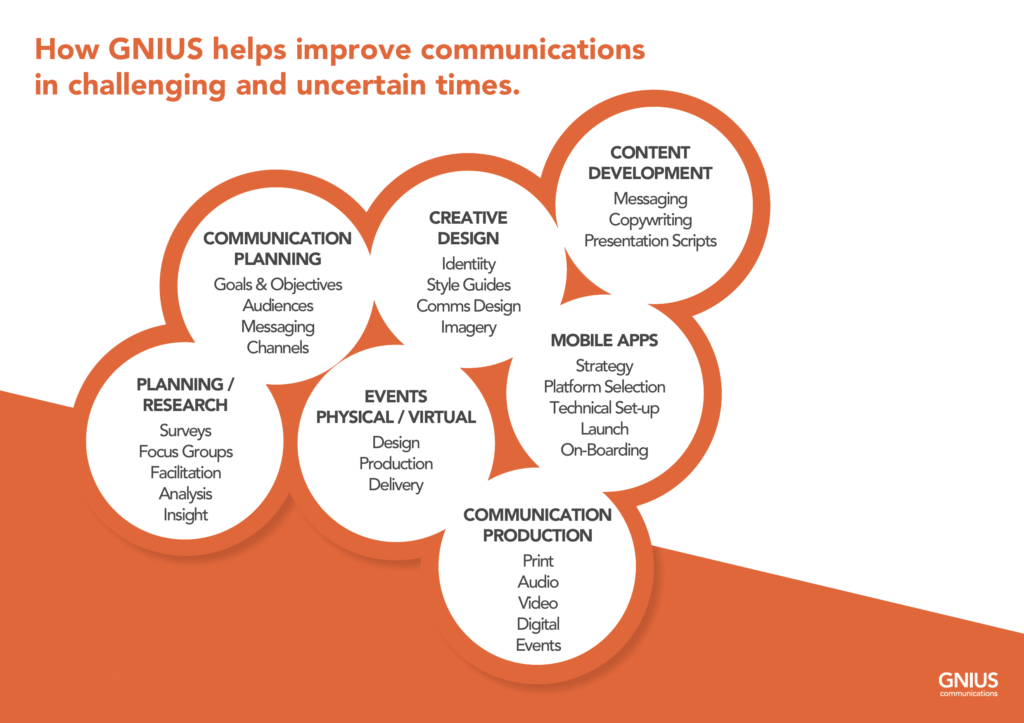
One of the big impacts of the pandemic has been the huge increase in the number of people working from home (WFH) for at least part of their week. And it seems that what began as an emergency measure is now becoming a long-term reality for many.
But, as we adapt to this ‘new normal’ there is a real danger that, without thinking, we make permanent a range of bad habits, poor processes, half-understood technologies and left-behind colleagues, all unwanted consequences of the sudden lockdown.
When the initial change happened there was no time to plan, people just had to cope; learning as they went along, improvising, making the best of what they found to hand. Now, before things become permanent, it is important to take a step back and develop a considered, planned approach that ensures we are WFH not by accident but by design.
- Start with a meaningful review – it is important to avoid simply formalising everything you’re doing now, both the good and the bad. Learn from your experiences but keep asking ‘is this really the best solution?’ Give everyone the chance to catch up, without feeling they are asking embarrassing questions they should already know by now.
- Ensure your team have the resources they need – WFH may be here to stay, but not everyone is finding it easy to acclimatise. At a minimum, make sure everyone knows how to access and use your chosen digital tools; offer training and support where needed (some businesses are also providing budget to ensure those WFH have the hardware they need too).
- Agree your WFH rules and make sure everyone understands them – whether it’s the timing of daily catch-ups, your Teams/Zoom meeting etiquette, which shared drives and chat apps you’ll use, you need to establish, agree, share and all follow some basic rules to help your team stay connected, up to speed and effective.
- Building team spirit in remote teams is important, but challenging – alongside your practical rules, try and develop a shared set of values that help foster team spirit and collaboration. Consider how you might;
- Check each other’s mental well-being – as you won’t see each other every day, it’s more difficult to spot people who are struggling. Look out for behaviour changes and don’t be afraid to ask, a simple text might be a good start.
- Find time for remote socialising – research shows that spending social time with your colleagues can give you a big mood boost, even if your hangout is virtual. Perhaps hold regular online meetups or happy hours that anyone can join at the end of each day, or the working week.
- Develop start-and-stop rituals for the working day – WFH can make it harder to balance work and personal lives. Agree visible signals that identify the start and end of the working day. Share them so that everyone in the team knows when someone is working to a different schedule.
- Remember not everyone is working remotely or from home – your communication plans should include those based in offices, factories etc. and it is important to consider effective ways of combining virtual and real world working.

To discuss how GNIUS can help you plan and deliver more effective WFH and remote team working, drop us a line or call Michael on 0330 088 0506